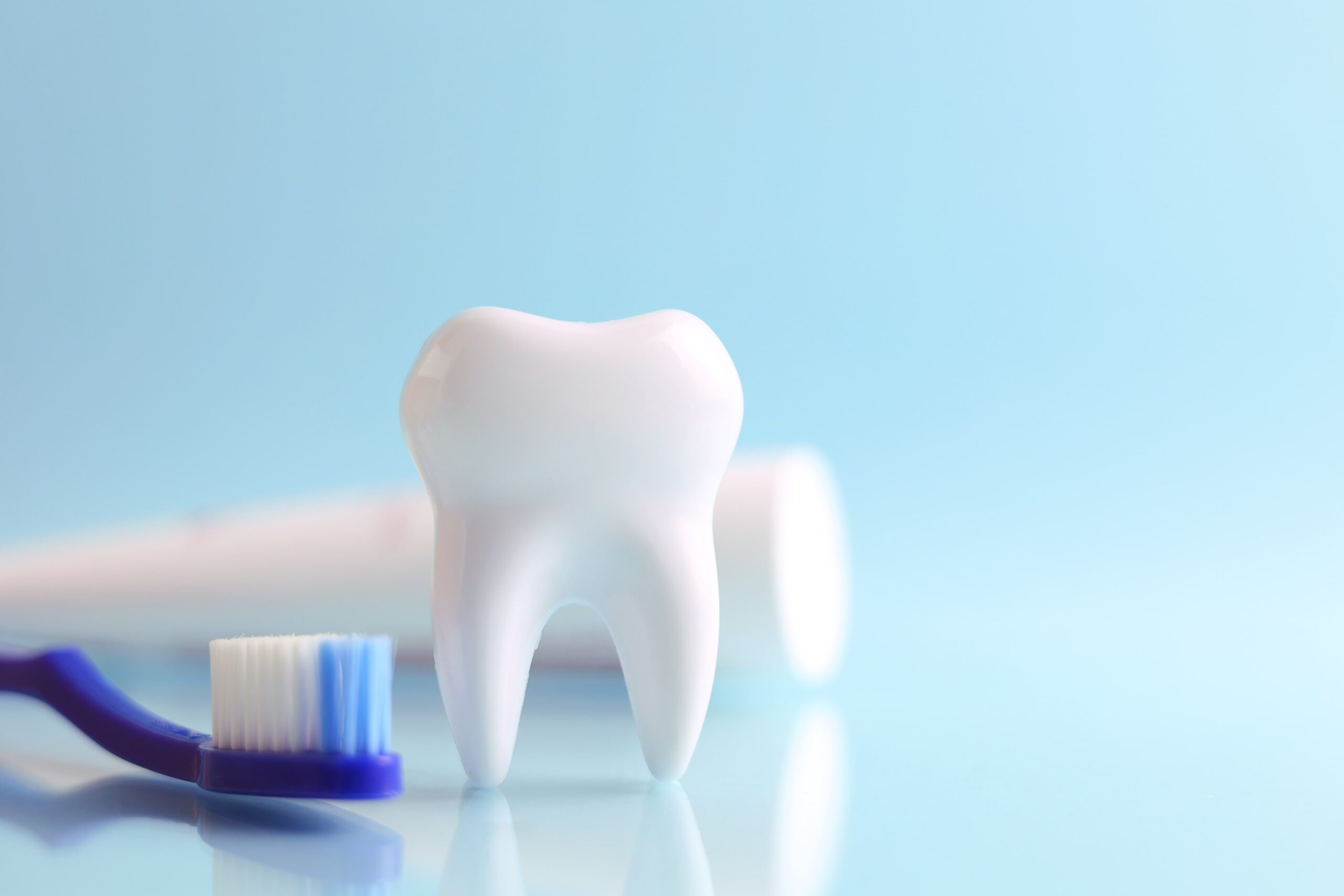Brushing and flossing are great ways to avoid cavities. Unfortunately, reaching every nook and cranny of your mouth, particularly your back teeth, is nearly impossible with a toothbrush. Furthermore, the molars are rough and irregular, providing a hiding place for food particles in the mouth and bacteria that cause cavities.
Dentists have developed a safety net to keep the molars clean to combat the problem of food particles and germs stimulating the development of cavities in your mouth. As a preventive strategy against tooth decay, dentists propose dental sealants for adults made of durable and clear plastic that adhere to the chewing surfaces of the molars. The adhesives do not replace brushing and flossing, but they help prevent cavities and the progression of early decay.
How Are Dental Sealants Applied?
Dental sealants are a coating on the dental surfaces of the teeth that acts like a preventive dental treatment (molars and premolars) with a protective coating. Dental sealants protect teeth from decay by filling deep grooves and cracks that collect food particles and bacteria.
Dental sealants are a simple, painless treatment that can keep teeth healthy for many years. When children’s and teenagers’ permanent molars and premolars erupt, sealants are often advised. Adults can also benefit from them if their teeth have deep grooves prone to decay. Regular dental check-ups will include examining the condition of the present sealants and, if necessary, reapplying them.
What Happens When You Apply Sealants Over a Cavity?
Dental sealants are transparent, thin plastic coatings that seal the tiny grooves on the chewing surfaces of molars. Dentists monitor the molars to verify that the sealant works properly and that decay is not spreading. Unfortunately, when the sealant fails to operate as intended, it produces a rise in pollution, which contributes to the worsening of the cavity.
Dental sealants are best placed over small cavities to prevent decay from spreading. However, depending on the amount of damage, addressing the current rot or attempting to reverse it is essential before applying the sealant.
What is the Recovery Time for the Dental Sealant Process?
The dental sealant method is a simple, non-invasive process with a minimum recovery time. After having dental sealants placed, most patients can resume their daily regimens super quickly. In general, there is no customary recuperation period associated with dental sealants.
Don’t hesitate to contact our dentist if you notice any unusual discomfort, irritation, or sealant deterioration. Otherwise, you can immediately resume your routine activities after getting dental sealants.
Do Dental Sealants Prevent Cavities?
This option is an excellent preventive strategy for lowering the occurrence of cavities (dental caries), especially on the rear teeth chewing surfaces (molars and premolars). Dental sealants form a physical barrier over deep grooves and fissures on the tooth’s surface, making it more difficult for food particles, bacteria, and plaque to accumulate.
As permanent molars and premolars emerge, dental sealants are most commonly used in adolescents. People at this age are especially prone to acquiring cavities in the deep grooves of their newly erupted teeth. Conversely, adults may benefit from sealants if their teeth have deep, decay-prone grooves.
Do remember that sealants are not a substitute for good oral hygiene. Daily habits like brushing and flossing and visiting our dentist in North Edmonton regularly are still necessary to keep your teeth and gums healthy.
Who Can Have Sealants?
Because children are more prone to dental cavities than adults, dental sealants have become popular in pediatric dental care. Adults can also have dental sealants to safeguard their teeth from deterioration. Dental sealants, on the other hand, are most effective for those whose teeth have not yet begun to deteriorate.
It would help if you did not wait to acquire dental sealants until your teeth develop cavities because it is a preventive approach. Aside from that, dental sealants are only effective on molars and premolars. This is because the sealant material adheres brilliantly to the teeth’s chewing surfaces, which have deep pits and cracks.
It follows that dental sealants will not protect your front teeth from deterioration. In this sense, you cannot ignore your dental health because the rest of your natural teeth require ongoing care to remain healthy.
Stop by Beverly Heights Dental!
Please speak with our dentist or hygienist about whether sealants are appropriate for you or your child. Dental sealants function similarly to raincoats for your teeth, just like sealing teeth to prevent cavities. Like a raincoat protects you from the elements, sealants protect your teeth from disease-causing microorganisms. Sealants aren’t perfect, but they can greatly lower your risk of cavities, giving you the best chance of having healthy teeth and gums.
Our capable, friendly team is here to assist you with any oral health-related questions; visit us today.

